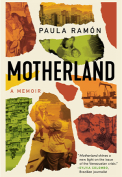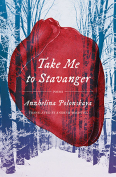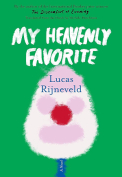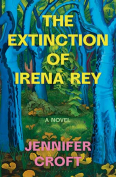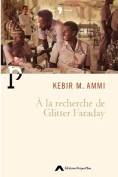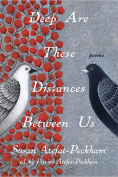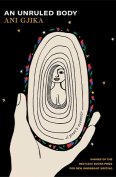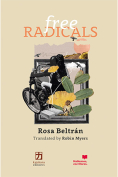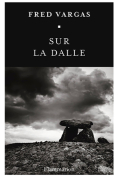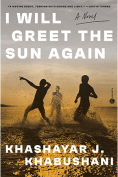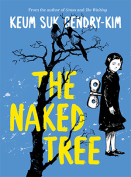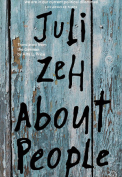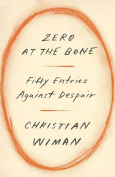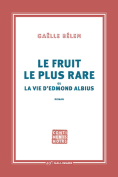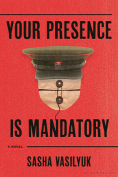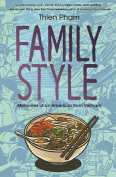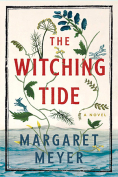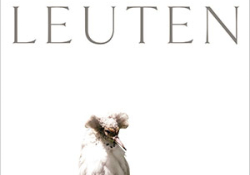About People by Juli Zeh
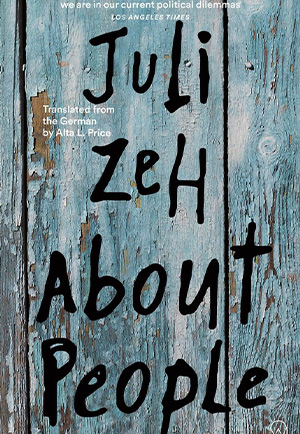 New York. World Editions. 2023. 424 pages.
New York. World Editions. 2023. 424 pages.
The German title of Juli Zeh’s latest novel is a provocation to the reader: Über Menschen brings connotations of the Nazi ideal of an Aryan race. It’s the kind of title that makes people look and think, “No, really? That can’t be said today.” On closer inspection, you realize that it could mean, as the English title translation suggests, quite simply “About People.”
It is a recurring theme throughout the book, as the main protagonist, Dora, moves from locked-down Berlin and her keyboard-warrior boyfriend to an almost abandoned house in a rural Brandenburg village. Alone, she struggles to cope with the unwieldy garden and slowly develops a relationship with her neighbors, most notably Goth, who introduces himself as the village Nazi. She also meets his daughter, whom he clearly adores despite her air of neglect. As their friendship develops, Dora begins to question whether Goth could really be all that bad, despite his one-time imprisonment for politically aggravated assault and singing the banned Horst Wessel song with friends in the garden during the Covid stay-at-home order. In these moments, Dora reminded me of Biedermann from Max Frisch’s famous play The Firebugs/The Arsonists, who refuses to acknowledge the evil that resides in his attic, or in Dora’s case on the other side of the fence.
Yet this is also a novel that looks at society’s reaction to the pandemic. How the virus was capable of polarizing, turning Dora’s former partner Robert into a fanatical stranger who spends all his time online calling for mandatory masks and more. Meanwhile, Dora feels the isolation of both working from home and moving on her own to a new community under lockdown, although the general consensus in the village is that lockdown is something for the city folk. Could this isolation be the reason that Dora so readily turns a blind eye to Goth’s political ideology and child neglect?
Alta L. Price’s translation of Juli Zeh’s timely novel gets under the skin and leaves you questioning how society divides people into “the good” and “the bad” and wondering what you would do, if you happened to move next door to the village Nazi.
Catherine Venner
Durham, United Kingdom



